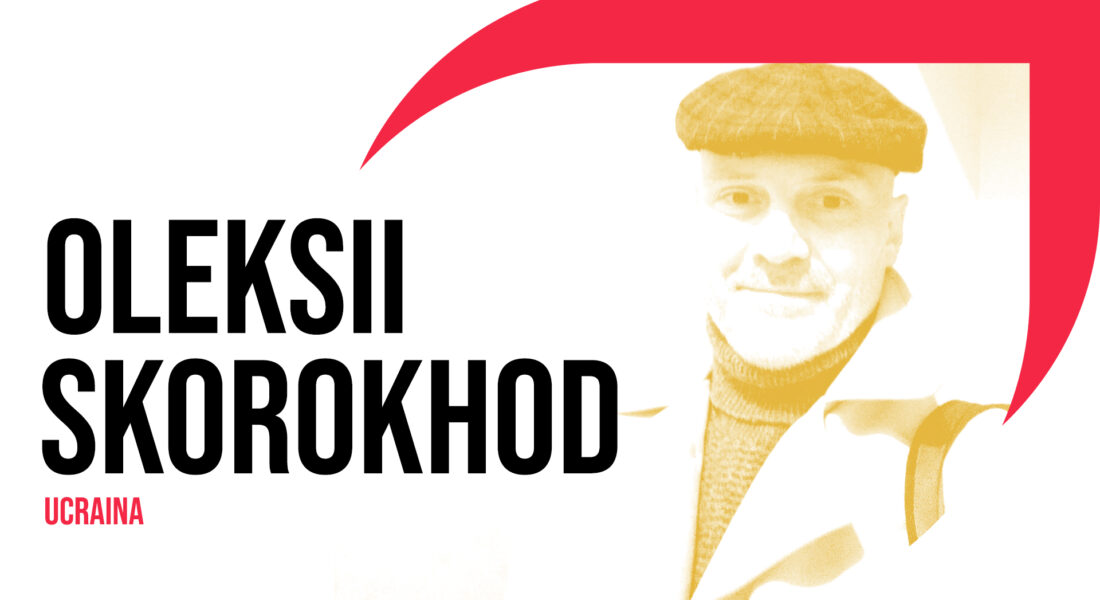
Any war is wrong in the third millennium
Born in Kyiv 48 years ago, Oleksii has lived in Italy for more than 20 years. He speaks Ukrainian, English, Russian and Italian, which he learned with ease, having taken several courses in our language. His choice of Italy, which occurred in 2000 and was stimulated by winning a call for a research project, was prompted by his curiosity about our country, living first in Perugia, then in Turin.
Oleksii studied biophysics and biochemistry in Moscow. His research project moved from the analysis of a pathophysiology of infectious diseases in general and malaria in particular.
Today, he works as a Lecturer in the Department of Life Sciences and Systems Biology at the University of Turin. As a teacher, Oleksii lectures in biochemistry and natural sciences. In his research activities as a biochemical physicist, he deals with the metabolic processes involved in diseases and the molecules involved in malaria pathophysiologies (enzymes, parasites and other agents), whose functioning he tries to understand in order to prepare possible interventions aimed at eradicating the disease.
“Malaria is a widespread infectious disease in Africa, South America, India and Asia (…), and it is a medical but also a social problem. It is reduced so much by introducing mosquito nets and also acting through social policies, rehabilitation of swampy areas”.
Malaria was defeated in Europe with the adoption of appropriate health policies around the 1930s; from the point of view of the number of sufferers and victims, it is comparable to Covid-19.
“So many efforts have been made to completely eliminate malaria in the world especially in the last 10 years, but with the arrival of Covid, various crises and the current war, the efficiency of this policy has been slowed down. Malaria cases are even increasing and the situation is getting slightly worse”.
Oleksii thinks that research in Italy is at a higher average level than in some Eastern European countries such as Ukraine. As for his scientific contribution to our country, he believes that the research and publications he completes in the context of the University of Turin are a source of it, to which he adds a cultural contribution, consisting of an attempt to integrate Italian culture with his own.
In this regard, Oleksii finds that he has integrated very well in Italy, although total homogenization is hindered by the fact that he arrived in the country at an already adult age. He feels fine, but laments the fact that there are immigrants who cannot, will not or are not in a position to integrate.
After more than 20 years in our country, Oleksii has found happiness in work and has achieved his goals, set before arriving in Italy, but he strongly believes that one should never completely leave his home country. He often returns to Ukraine, although it is complicated now because of the war, about which he says:


